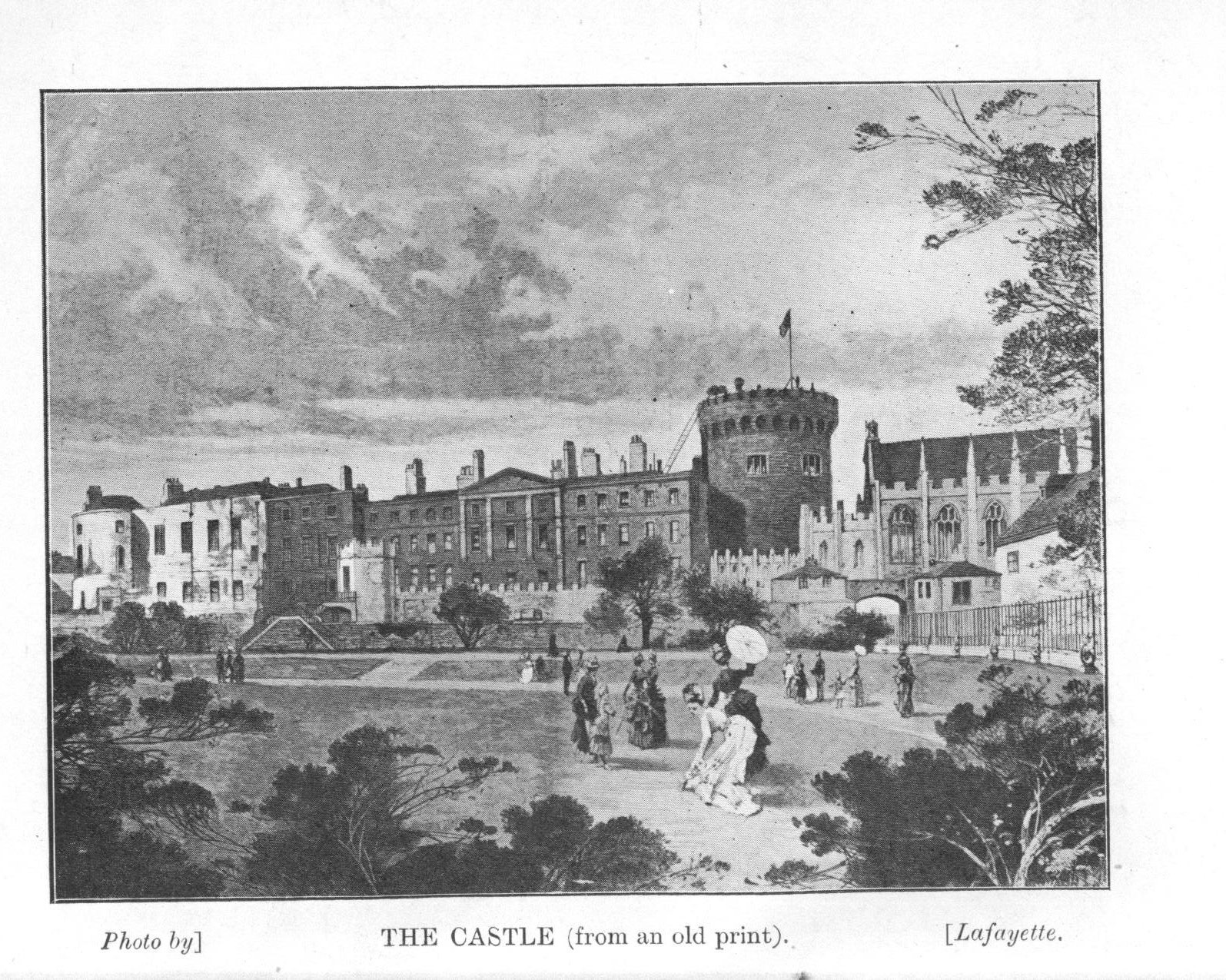A Truth Universally Acknowledged
29 June 2018With apologies to Jane Austen for the mangling of her words and meaning: ‘It is a truth universally acknowledged, that a genealogist in possession of a date of death, should look for a will’. A genealogist in the possession of a will can often discover next of kin, the state...
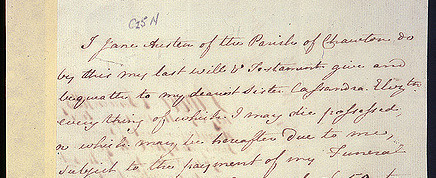
Shipping Records by Carmel Gilbride
01 June 2018Shipping records hold a particular fascination for genealogists. They are seen as the bridging between the old and the new. I never tire of looking at my grandmother Julia’s shipping record, as she sails out of Queenstown, (Cork) to join her sister in New York. Having in my possession the...
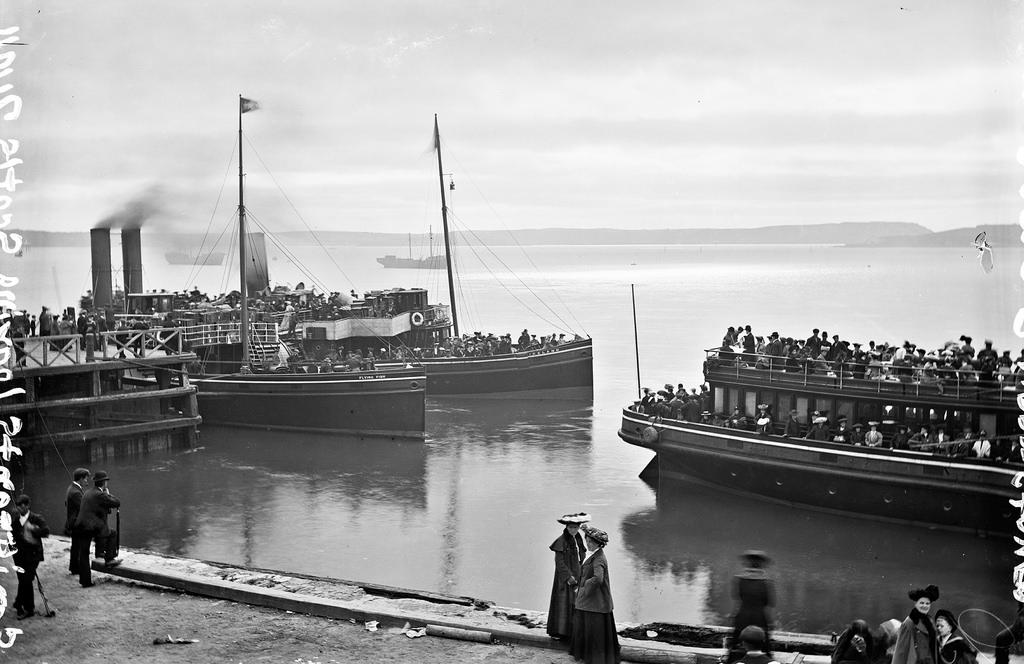
Expert Workshop: Finding Trails and Tales in Parish Records with Revd Canon Professor Patrick Comerford
01 June 2018On Friday 4th May, Revd Canon Professor Patrick Comerford visited the Royal Irish Academy to deliver the May Expert Workshop on Church records. In a lively, erudite talk, Revd Patrick discussed how we can use Catholic and Anglican parish records as a source for family and social history. Using personal anecdotes and case studies,...
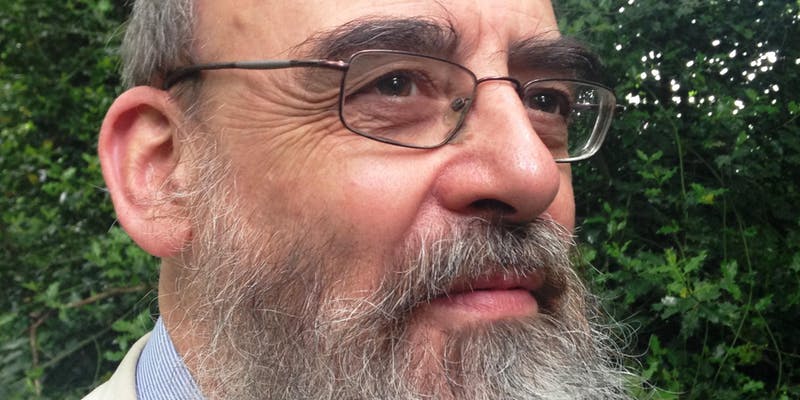
Behind the Scenes: DNA Test Revealed Some Surprising Relatives…
01 June 2018Getting to talk to the public is one of the pleasures of working at the Irish Family History Centre (CHQ Building, Dublin City, Ireland). And though we, the staff, are there to help customers with their genealogy, some of the things we hear from customers can genuinely take us aback. One...
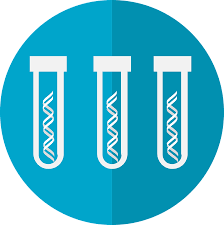
Beyond Civil Death Records
18 May 2018A few months ago, I wrote briefly that there was a multitude of records made at the time of death, which may record key evidence on where in Ireland your ancestor was from. I got a spirited response. What is there beyond civil death records? Newspapers publish more than one...
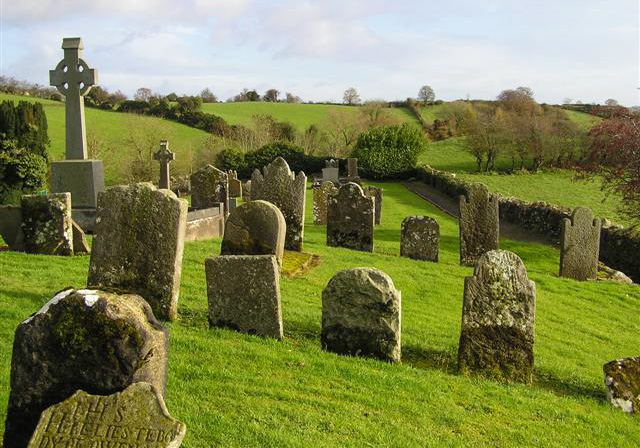
Expert Workshop: Another Link in the Family Chain with Grainne Doran
18 May 2018On Friday 27th April, Grainne Doran, Wexford County Council’s archivist, visited the Royal Irish Academy to deliver an engaging workshop on Wexford’s archives as a source for local and family historians. Though these archives are often overlooked, we learned that they offer genealogists and historians a wealth of information, not...
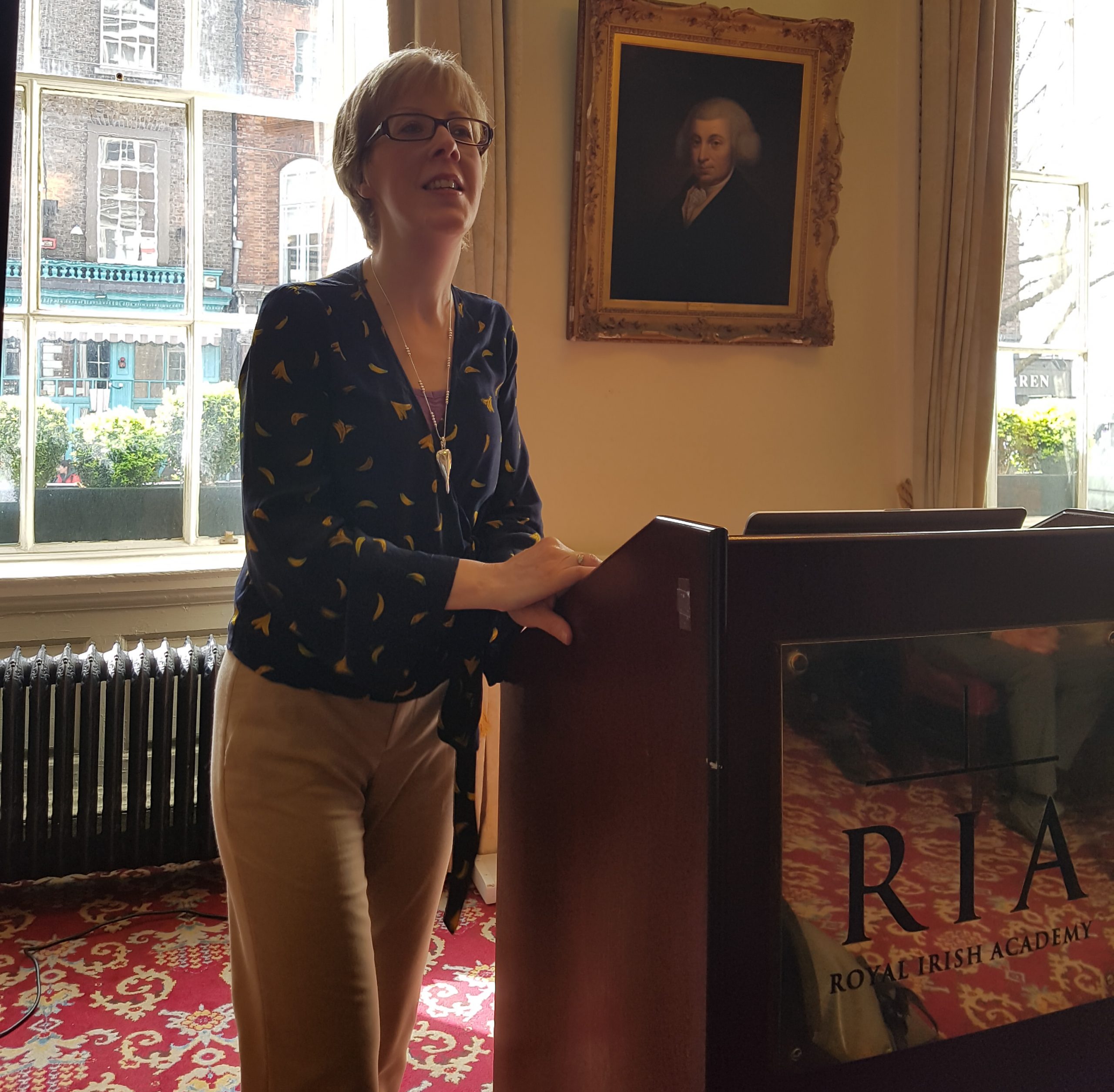
News Digest: May 2018
18 May 2018Sole Survivors: The Rarest Books in the World ‘Sole Survivors: The Rarest Books in the World’ is an exhibition of exceptionally rare books. They exist in only one copy in the world: at the Marsh’s Library in Dublin. Unchanged for three centuries, this perfectly preserved library of the early Enlightenment,...
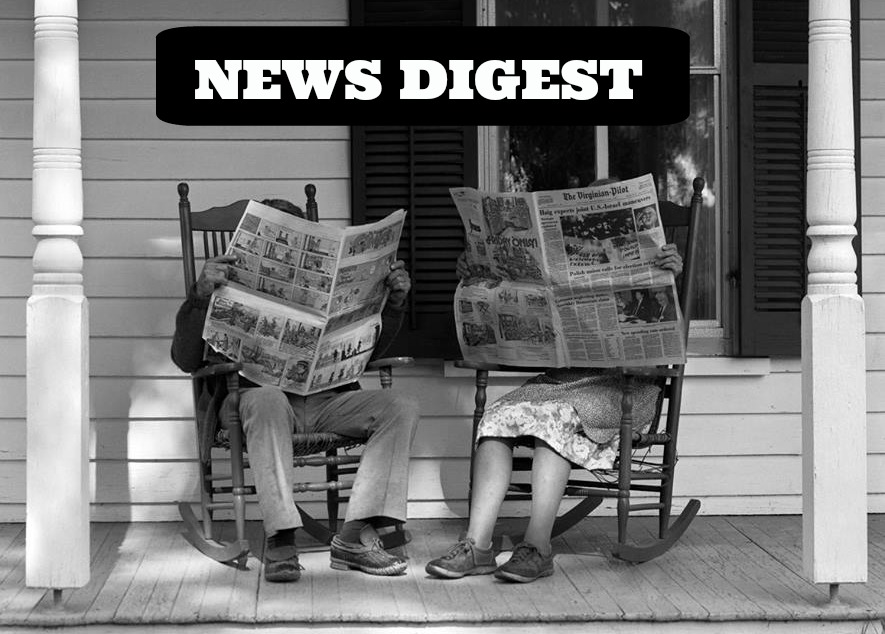
Behind the Scenes: Online Consultations Start at the Irish Family History Centre.
18 May 2018A momentous … indeed, groundbreaking … day took place on 18 April 2018. The Irish Family History Centre (CHQ Building, Dublin) had the pleasure of our very first online genealogy consultation. And I had the honour of doing it. The client was a young man from Hastings-on-Hudson in New York...
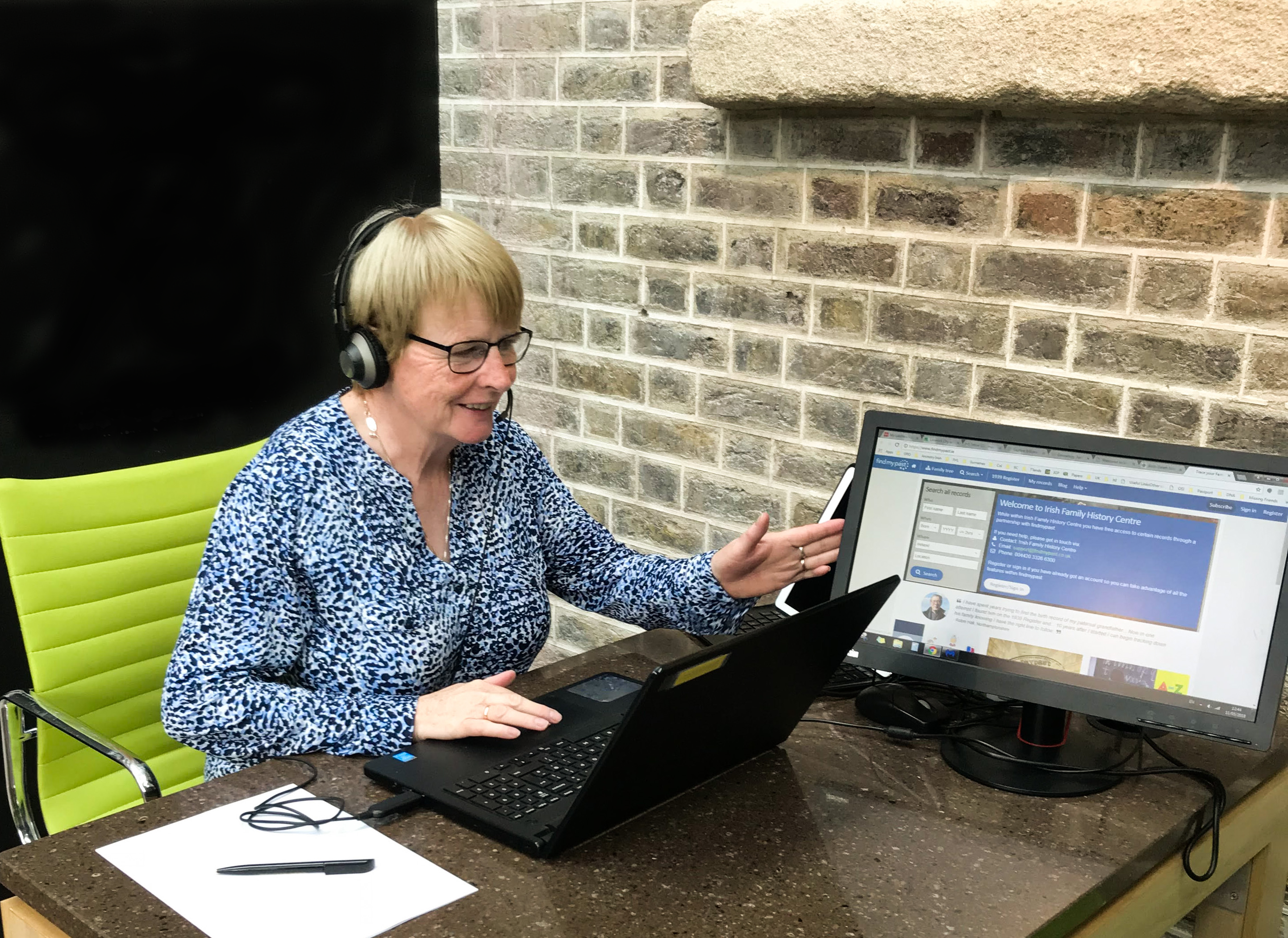
Meitheal 2018
27 April 2018In rural Ireland, a ‘meitheal’ was a band of reapers or a working party. Neighbours would gather together to support one another and work collectively to bring in crops. ____ The Irish Family History Centre joined more than 360 Irish businesses from across the island of Ireland in the CityWest...
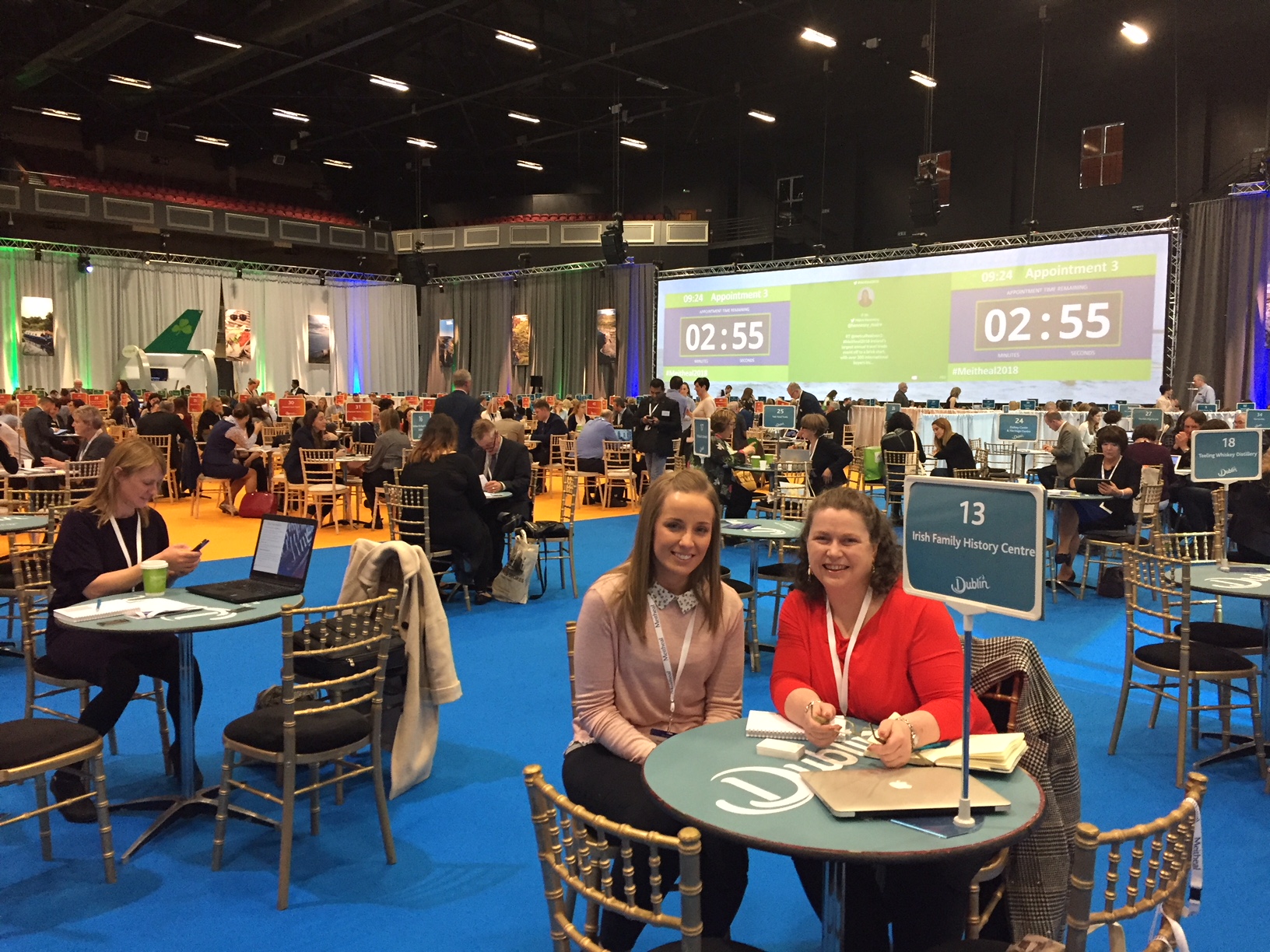
New ways to search
26 April 2018As the process of digitisation and transcription of historical documents of genealogical significance continues apace, new methods of conducting research emerge. The first major record set to change the landscape from an Irish perspective was the digitisation of the 1901 and 1911 Censuses. With their release, research that would otherwise...
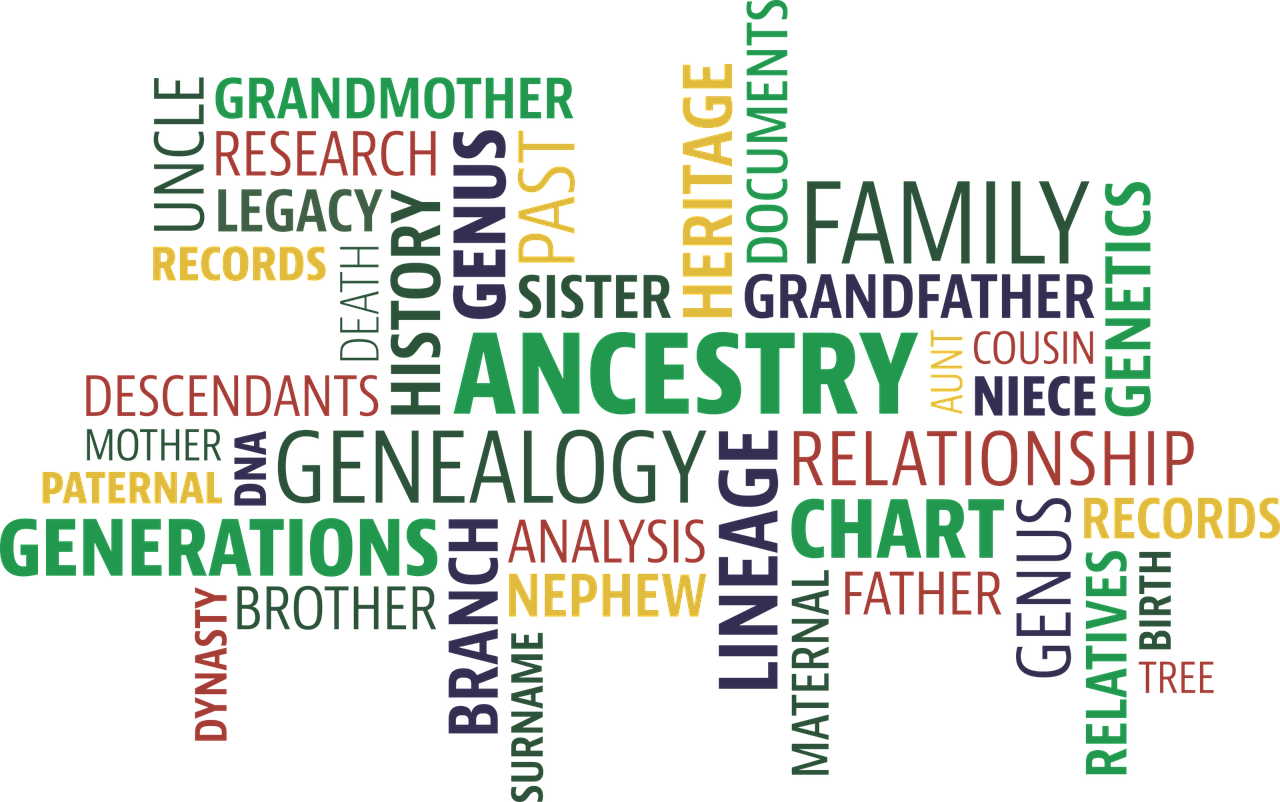
Finding Your Irish Ancestor in the British Military Records: A Case Study
26 April 2018By Dario [Transition Year Student on work experience at the Irish Family History Centre] Many Irish people joined the British Army. Whether it was to fight for the burgeoning empire during the 1700s (often simply to have a career and earn some money) or to serve during WW1 (maybe with the promise...
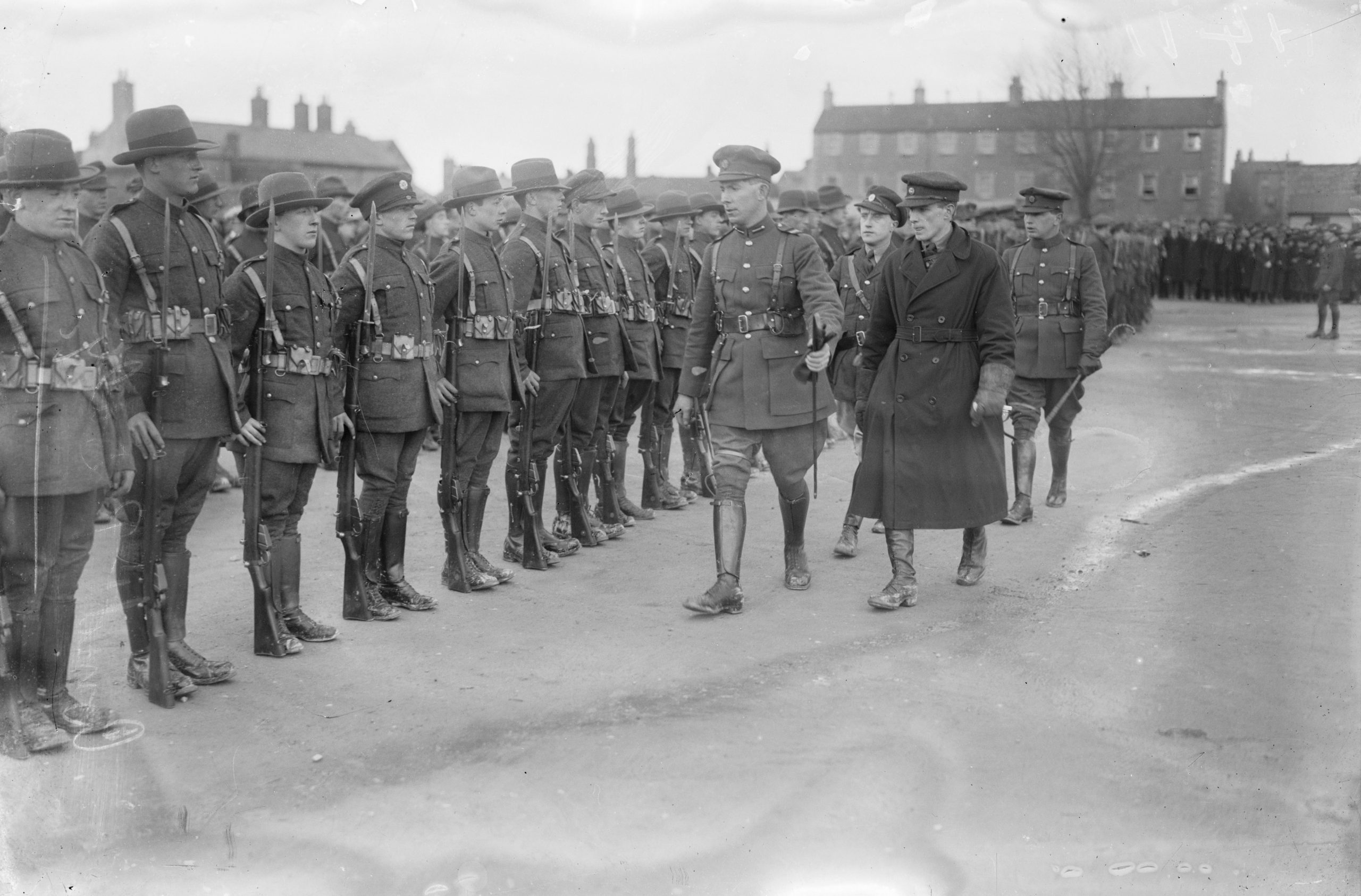
‘One Eye – wears a black ribbon’
13 April 2018The Rebellion papers are a fascinating collection housed in the National Archives [RP/620]. They date from 1790 to 1808 and for the most part are made up of letters and reports sent to the Chief Secretary in Dublin Castle. The time period cover the two rebellions of 1798 and 1803 and...
